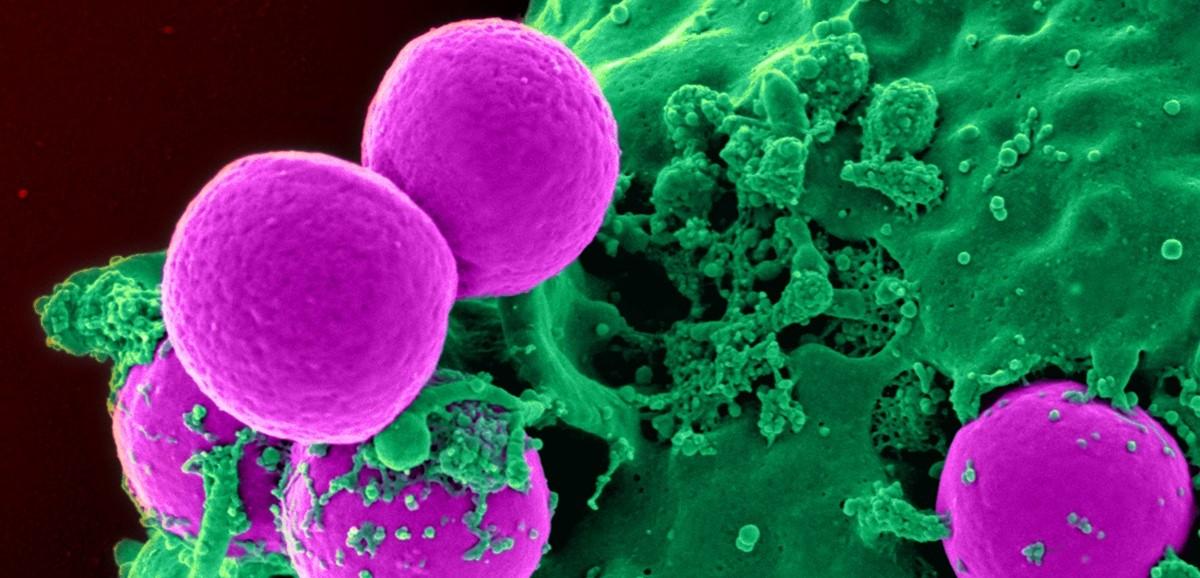
Scientists from the Swiss Federal Laboratories for Materials Science and Technology (Empa) and the Swiss Federal Institute of Technology in Zurich (ETH) have potentially taken a huge step forward in the fight against one of the most pressing modern medical problems: according to a press release, the research team has successfully developed innovative nanoparticles that are able to incapacitate multi-resistant bacteria against which antibiotics are rendered obsolete.
In contrast to antibiotics, these nanoparticles can be smuggled into infected body cells, where they are able to disarm all kinds of bacteria that employ tricky evasive maneuvers to sneakily take cover inside human body cells. These include staphylococci, for example, which can hide in skin, connective tissue, bone and immune system cells, while the body's defense system is in a state of alert from antibiotics. In this way, the body’s defensive immune response is unable to harm them.
As a solution to this, the team has produced hybrid nanoparticles made from cerium oxide and bioglass. As the press release states, these have demonstrated significant efficacy against bacteria. “What's more, the cerium particles regenerate over time”, explains Empa researcher Tino Matter, which suggests that the effect will be long-lasting.
This new technology will soon be patented. Moreover, the team has now published its results in the scientific journal “Nanoscale” in the “Emerging Investigator Collection 2021”.
The research team now intend to further optimize the nanoparticles, with plans in place to develop a “a simple, robust antibacterial agent” that can effectively combat multi-resistant bacteria that have infected cell interiors.
Related news
Contact us
Can we put you in touch with a peer company or research institute? Do you need any information regarding your strategic expansion to Switzerland's technology and business center?
info@greaterzuricharea.com